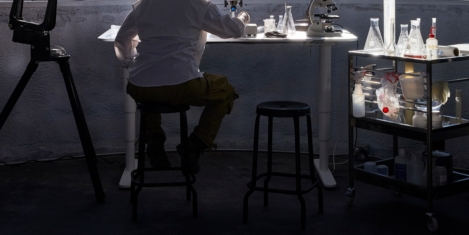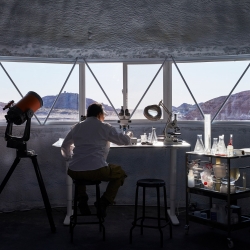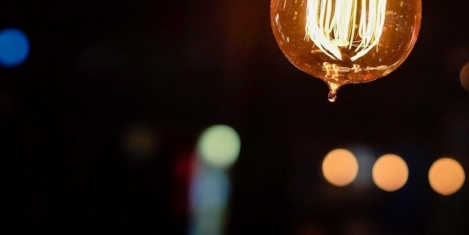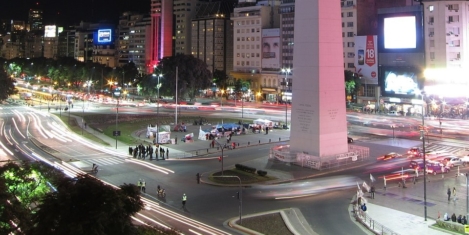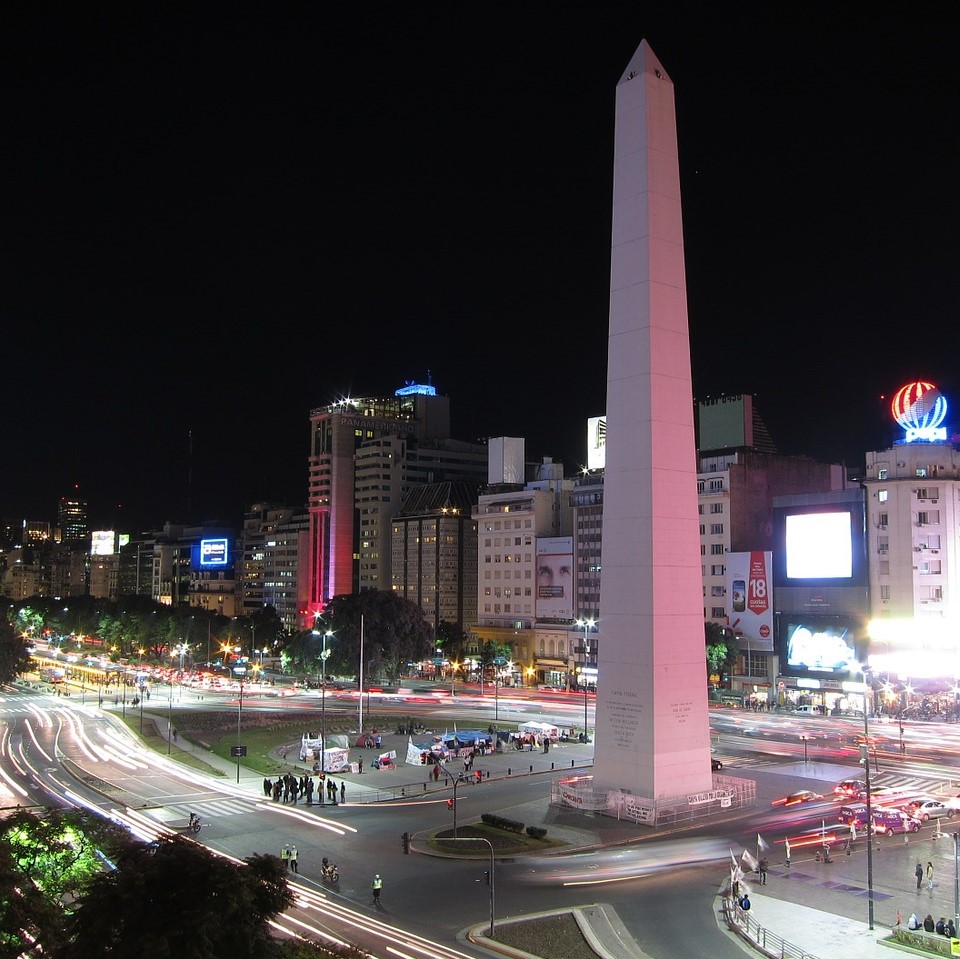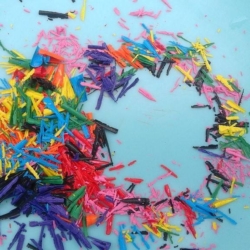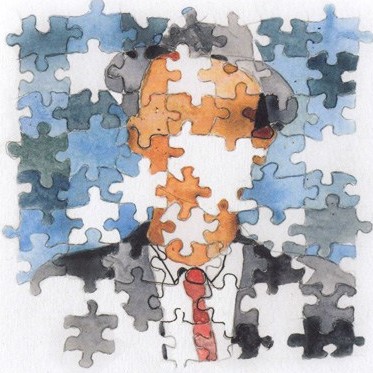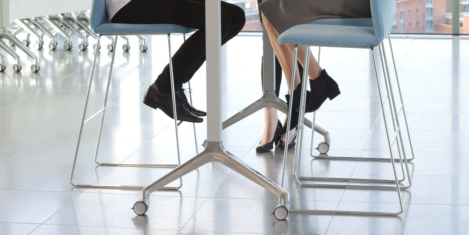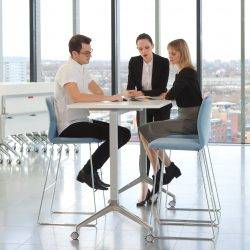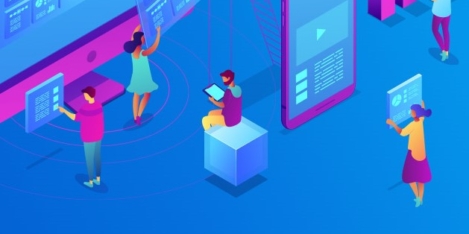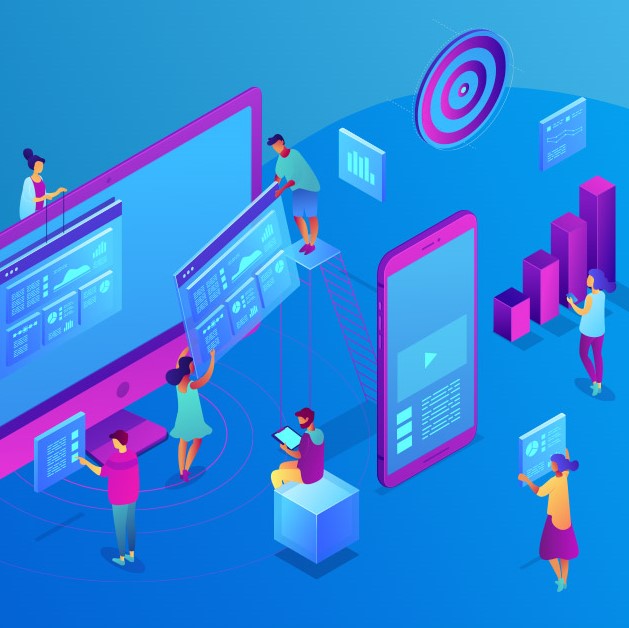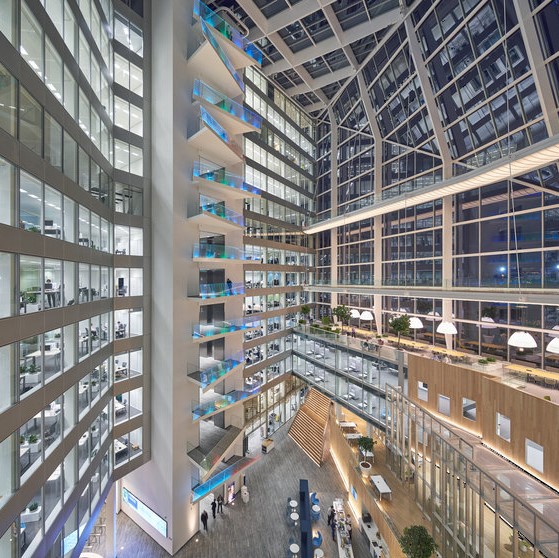December 19, 2019
The truth about all those workplace trends lists
 You would not believe the number of firms that ask us to publish a list of workplace trends each week. Or maybe you would, given the number that have appeared elsewhere. Each firm perhaps convinced they are saying something original, unique or interesting, or maybe simply convinced they stand out in some way, while pushing the same timid, stale narratives about the workplace. It goes without saying that the commercialised messages often do little to shine a light on complex realities. In the words of the Scottish poet and anthropologist Andrew Lang, they use information ‘like a drunk uses lamp-posts—for support rather than illumination’.
You would not believe the number of firms that ask us to publish a list of workplace trends each week. Or maybe you would, given the number that have appeared elsewhere. Each firm perhaps convinced they are saying something original, unique or interesting, or maybe simply convinced they stand out in some way, while pushing the same timid, stale narratives about the workplace. It goes without saying that the commercialised messages often do little to shine a light on complex realities. In the words of the Scottish poet and anthropologist Andrew Lang, they use information ‘like a drunk uses lamp-posts—for support rather than illumination’.








